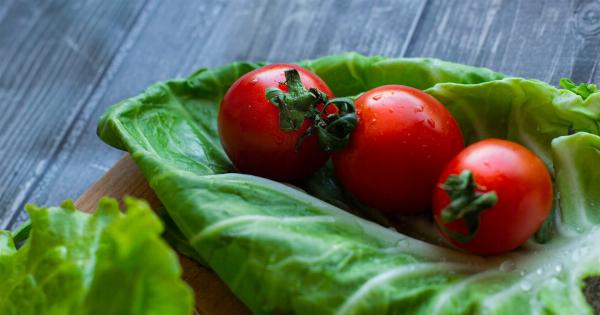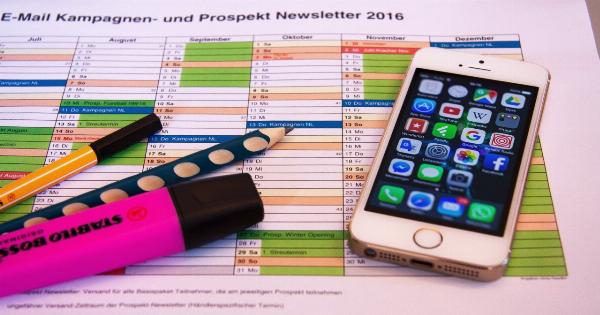Having a baby is a significant milestone for any couple, and it can bring about numerous changes in your body. The process of pregnancy, labor, and childbirth can take a toll on your body, leaving you feeling exhausted and drained.
In addition, the postpartum period can also be challenging, as your body adjusts to the significant changes that have occurred within it. One of the most important factors to consider during this time is your diet. By focusing on a healthy, balanced diet, you can get back to feeling like your old self and regaining your pre-baby body.
The Importance of Postpartum Nutrition
Nutrition is crucial for new moms, as it can help support your body’s natural healing process, combat fatigue, and aid in the production of breast milk.
During the postpartum period, your body requires more calories to support healing and recovery. Additionally, if you are breastfeeding, your body needs additional calories to produce the necessary amount of milk for your baby.
For these reasons, it’s vital to ensure that you are fueling your body with the right nutrients through a well-balanced diet.
Eating for Energy and Healing
During the postpartum period, your body is healing from childbirth and needs adequate nutrients to support this process. Your diet should include a variety of nutrient-dense foods, such as lean proteins, healthy fats, and complex carbohydrates.
These foods can help support your body’s natural healing process and reduce inflammation.
It’s also important to focus on foods that can help combat fatigue, as many new moms struggle with low energy levels. Foods rich in iron, such as spinach, lentils, and beef, can help improve energy levels and reduce fatigue.
In addition, foods high in B vitamins, such as whole grains, nuts, and leafy greens, can also help improve energy levels.
Eating for Breastfeeding
If you choose to breastfeed your baby, your body requires additional calories to produce milk. It’s important to ensure that you are consuming enough calories each day to support milk production and maintain your energy levels.
A lactation consultant or your healthcare provider can help you determine the appropriate number of calories needed for your body type and level of activity.
It’s also important to consume a variety of nutrient-dense foods during breastfeeding.
In addition to the macronutrients mentioned above, foods that are high in calcium, such as dairy products and leafy greens, are especially important during lactation. Additionally, consuming healthy fats such as those found in nuts, seeds, and fish can also help support milk production.
Tips for Success
Here are a few tips to help you maintain a healthy, balanced diet during the postpartum period:.
- Plan ahead: It can be challenging to find time to prepare healthy meals, especially with a newborn in the house. Plan ahead by creating weekly meal plans and prepping meals in advance.
- Stay hydrated: Drinking enough water is essential during the postpartum period, especially when breastfeeding. Aim for at least eight glasses of water per day and increase your intake if you feel thirsty.
- Don’t skip meals: Skipping meals can lead to low energy levels and may also impact your milk supply. Aim to eat three meals per day and snacks as needed.
- Get support: It can be helpful to have support from family or friends during the postpartum period, especially when it comes to meal prep and cooking.
Conclusion
The postpartum period is a time of significant change for new moms, and nutrition plays a crucial role in supporting healing, reducing fatigue, and maintaining milk production.
By focusing on a healthy, balanced diet, you can help get your pre-baby body back and feel like your old self again.































